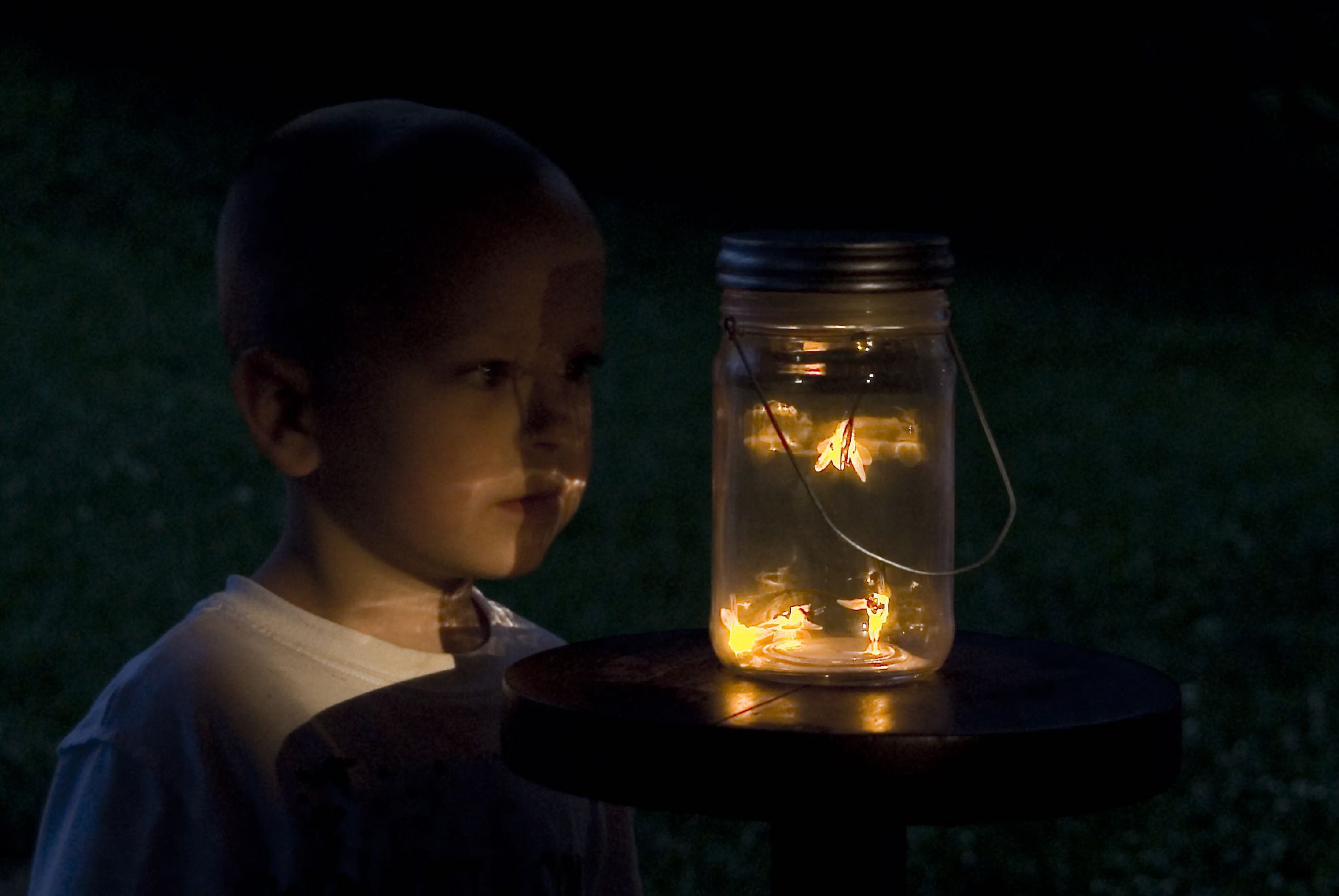Essay by Jeremiah Horrigan
A Brush with New Life—and Death

When it looked like I was going to die eighteen months ago, my deepest fear was that my youngest grandson would not remember me.
He was barely three years old at the time. He’d grown up in my daily presence ever since our daughter decided to become a single mother and had agreed to abandon her beloved Brooklyn for the small cottage in which my wife and I live. It’s on a bucolic, subway-free road in upstate New York, in a quintessential college town that had never much impressed our world-wandering daughter.
He was born on a winter-blasted February evening, the day after my 65th birthday. I thought he looked like Marlon Brando in Julius Caesar—square face, tufted curls along his hairline, a blind-boy’s gaze that was somehow as direct and piercing as Mark Antony’s.
As our new grandson was making himself at home that winter, I was tailspinning out of my job as a newspaper reporter. It wasn’t easy leaving a job I’d held for twenty years. But coming home to his smiling, innocent face gave me a sense of serenity that I burrowed into every day.
Soon I didn’t have to come home to witness his blossoming. I was right there, all day and all night, watching with pleasure as the wretched job rapidly faded in the rearview. It didn’t matter that I was way past my baby-burping-rocking-and-coddling prime. I’d been given a second chance at a second fatherhood, a chance I clutched as closely to my heart as this grandson clutched Mickey Mouse to his.
I was able to watch and relish the moments of discovery that a working life had robbed me of while my son and daughter were babies. I watched him take his first steps, chew his first bagel, lift his first cup of water to his lips. But what was most amazing was seeing him pick up and absorb words, first the sound, then the way he pieced together skeletal sentences, until they grew plump with meaning and set him running from the world of babble-and-point to a universe whose everydayness was made wondrous by his delighted gaze.
At about this time, when he was three years old, I began to feel flickering pains in my chest. My sense of balance wasn’t quite right. Doctor Google suggested a number of frightening possibilities that kept me awake at night. I finally saw a real doctor whose approach did nothing to relieve the fear that was building. He ordered up a cardio stress test.
Lying in bed, certain I was dying, the thought that my youngest grandchild would grow up without remembering the times we’d shared shook me to my soul. Everyone else in my family would remember me, for better or worse, when I was gone. But not him. That seemed crueler than the likelihood of death itself.
The day came when I mounted the treadmill at the local heart center and gamely tried to match its modest speed. The next coherent memory I have is of lying on my back, opening my eyes to find a smiling stranger peering down at me. He said his name was Gus. He said I’d had a cardiac arrest. My body’s electrical system had short-circuited. I had died. A pair of blasts from a defibrillator brought me back.
I was stunned. I hadn’t felt a thing, I told Gus.
His smile widened. “That’s a good thing,” he said. Then he and his crew packed me off in their ambulance.
What followed was harrowing. Triple bypass surgery the next day, followed by emergency abdominal surgery five days after that. I was laid up for weeks, unable to do more than count my blessings.
At first, my grandson was mystified by my changed circumstances—my inability to lift him up, the infrequency of his visits, my lack of energy. I wasn’t the same old granddad I used to be, and there was no explaining those changes. I despaired of being able to keep up with his growing needs and galloping abilities. It felt like he’d already left me behind, that his awareness of me was fading. It was almost as if I had died.
But a few months after he'd turned four, he was dancing in front of me at home again, singing along with a favorite John Hiatt tune. It was late, pushing 10:00. He bounded over to where I sat, chattering with impeccable, inarguable logic about why he should be watching PAW Patrol rather than going to bed.
He climbed up on the couch and put his head in my lap. His eyes fluttered open and shut, open and shut, dark butterflies floating over soft blue, waiting to land.
“I wish it could be daytime all the time,” he said.
His mum had mentioned he was showing signs of being afraid of the dark. “Think of all the things we need nighttime for,” I said. “Like stars.”
Blink.
“Hooty owls,” I said.
Another blink.
“Fireflies!”
“The moon!” he said.
With that, the butterflies nestled down, and his eyes closed, darkness banished for another unforgettable day.
Art Information
- “Fireflies” © James Miles; Creative Commons license.
 Jeremiah Horrigan has made writing the center of his life as a newspaper reporter, editor, dramatist, essayist, and teacher. His favorite epigram about writing is usually attributed to E. M. Forster: “How do I know what I think until I see what I say?” But Jeremiah didn’t have to write a word about his grandson to know what he thought of being a granddad: It’s the greatest job he’s ever had.
Jeremiah Horrigan has made writing the center of his life as a newspaper reporter, editor, dramatist, essayist, and teacher. His favorite epigram about writing is usually attributed to E. M. Forster: “How do I know what I think until I see what I say?” But Jeremiah didn’t have to write a word about his grandson to know what he thought of being a granddad: It’s the greatest job he’s ever had.
